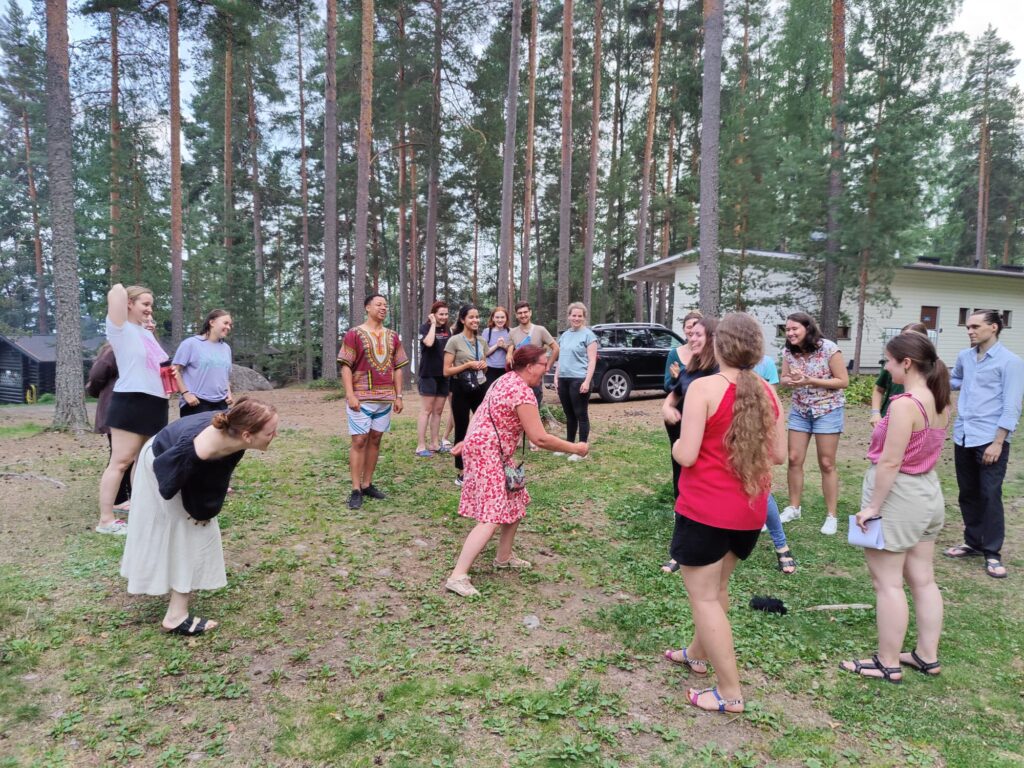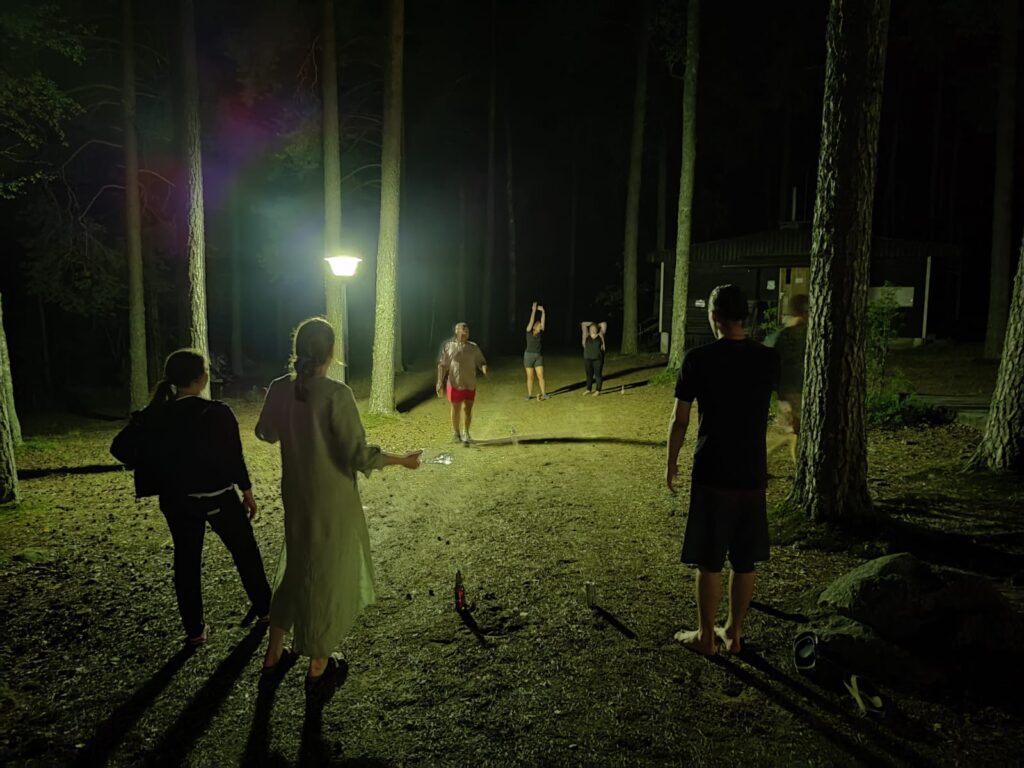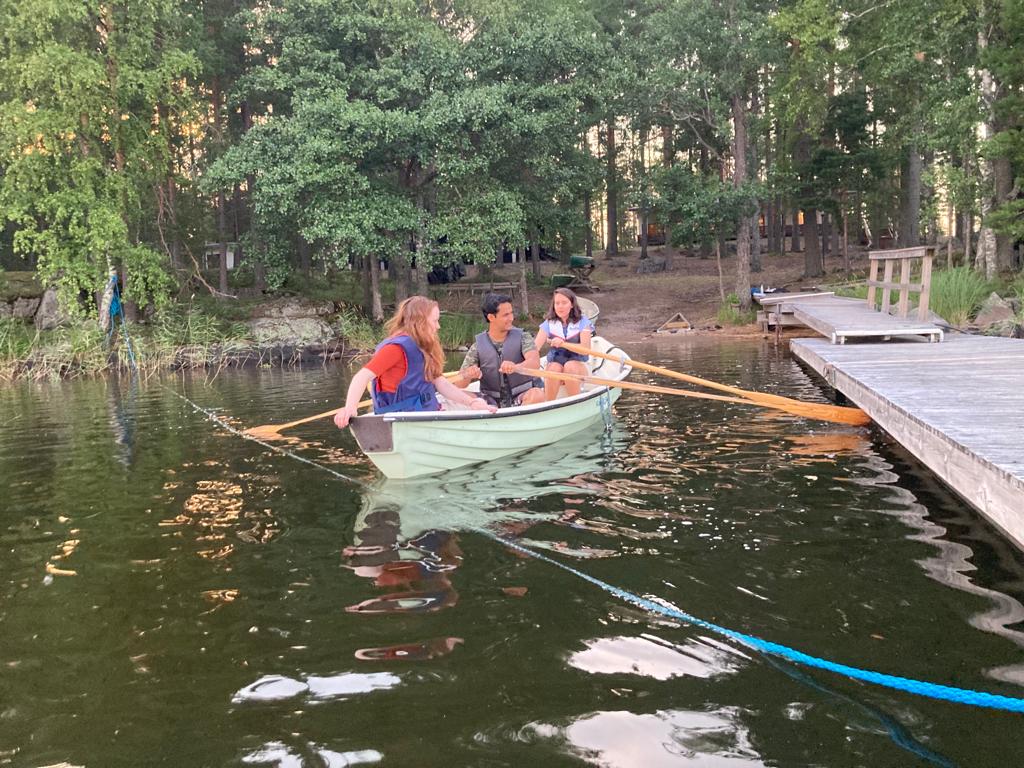Usually, when asked about how I got involved in youth-related activities in the Baltic Sea Region there is not a bite-sized answer which I can give. How it all came up and about is a notion just as confusing and ridiculous to me as it is for anyone else I tell this chronicle to. Yet how and why I continued to be a part of this is not a mystery in the slightest.
I have always believed in the value of inter-generational discourse, well before being fully aware of it. It is hard to say if that is the result of culture, nature or nurture. But for the sake of simplicity, let’s call it being born in a particular generation at a peculiar time.
Generations intermingling and learning from each other always seemed like a natural step in ensuring that groups of people from all walks of life, for example, families, can find compromise and understand what is truly needed for the further prosperity of the collective as a whole. That being said, youth involvement in the legislative processes of the Baltic Sea Region through recommendations and declarations has seemed more than natural and necessary to me.
Meaningful communication has always been the key to good resolutions, changes and necessary implementations in all areas of life, including policies.
My involvement in the Baltic Sea Region youth activities began in a very domestic and perhaps slightly comical setting of my bedroom in late Autumn 2021. During the notorious lockdowns that were still happening all around Europe. Maybe not the most usual time or place in which people become highly interested in regional politics – but hey, it worked for me! One way or another I was looking at a computer screen late at night, reading up on what Council of the Baltic States (CBSS) is after seeing an advertisement online for something called the “Baltic Sea Youth Dialogue” (BSYD). I distinctly remember reading through some papers concerning my research and hardly understanding the bureaucratic language used. Still, I decided to apply to the BSYD. Perhaps simply out of curiosity or interest. Never did I think it would lead to me being repeatedly and continuously active in such projects within the Region.



Now having participated in activities organised by the Baltic Sea Youth Platform and The Baltic Sea Youth Camp in 2022 for which I was a representative at the Annual Forum of the EU Strategy for the Baltic Sea Region in Finland, the message that I’ve gathered is quite clear. Most people know that in an ideal world voice of youth needs to be implemented when it comes to making inclusive and equitable policies. The question is – how can this be done constructively?
And although the possible answers or hypotheses to this are numerous, change is happening already. Declarations with recommendations from these young participants are made and later presented to those whom they are meant for – policymakers. This aids the mutual understanding between the younger generation and the one currently in power.
There is still a long way to go. But in my opinion, the Baltic Sea Region is slowly but surely moving through a great path to a fully inclusive and inter-generationally aware of the policy-making process.
As for those of us who have begun our way through this path, lot of us are only more sizeable and more informed about this region that we call home.
Silva Laure, Riga
